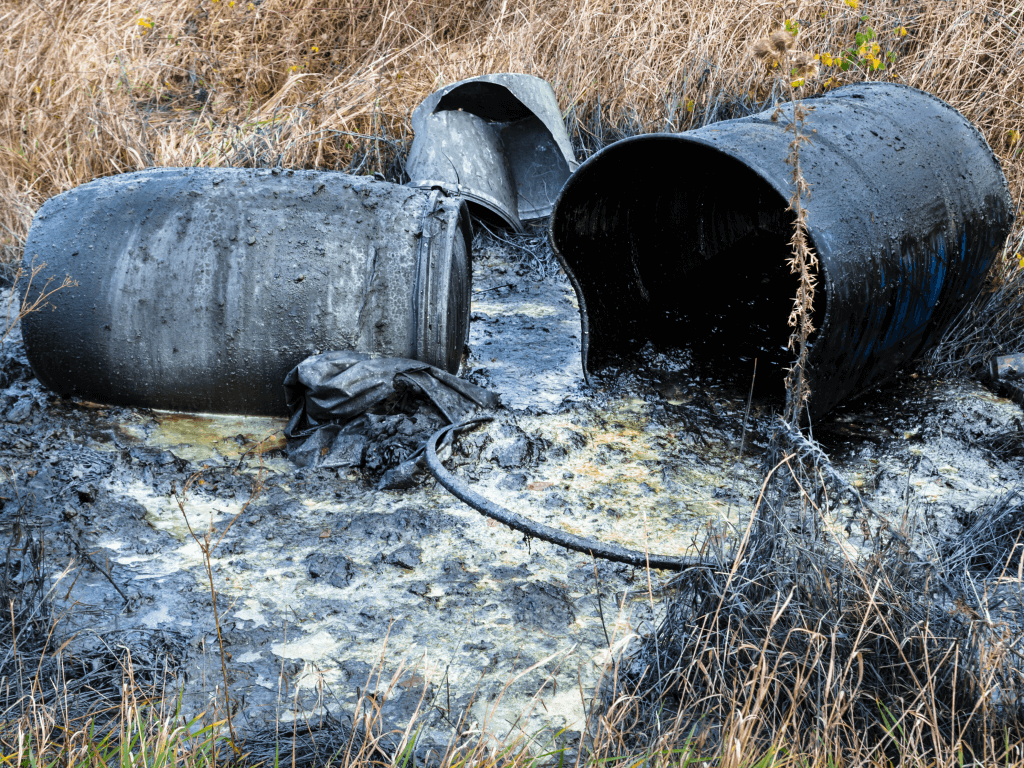OECD 208 Terrestrial Plant Growth Hazardous Waste Toxicity Test
The OECD 208 test is a standardized procedure designed to evaluate the effects of hazardous waste on terrestrial plant growth. This internationally recognized toxicity test provides crucial data for environmental risk assessment, ensuring regulatory compliance and supporting informed decision-making in waste management.
During this test, seeds or seedlings are exposed to dilutions of the waste material under controlled conditions. The response of plants to these exposures is carefully monitored over time. This allows researchers to determine the no-observed-effect concentration (NOEC), which is a critical metric for assessing potential environmental impacts.
The OECD 208 test protocol is based on ISO and OECD guidelines, ensuring consistency and reliability across different laboratories. It is particularly valuable in the context of hazardous waste management, where accurate assessment of toxicity is essential for safe disposal and treatment processes.
Key aspects of this testing include:
- Dilution of waste material to various concentrations
- Cultivation of terrestrial plants under controlled conditions
- Monitoring plant growth parameters such as biomass, root length, and chlorophyll content
- Data analysis to determine NOEC and LOEC (lowest observed effect concentration)
The test is widely used in regulatory compliance for hazardous waste disposal, environmental impact assessments, and research into new treatment technologies. By providing precise data on plant responses, it helps identify safe handling practices and potential mitigation strategies.
Understanding the nuances of this test requires expertise not only in laboratory protocols but also in the specific properties of hazardous wastes. Our team at [Lab Name] brings extensive experience in conducting OECD 208 tests, ensuring accurate and reliable results that meet international standards.
Benefits
The OECD 208 test offers several key benefits for stakeholders involved in hazardous waste management:
- Regulatory Compliance: Ensures that waste disposal practices comply with stringent environmental regulations.
- Risk Assessment: Provides detailed information on the potential risks associated with different waste concentrations, enabling informed decision-making.
- Evidence-Based Decision-Making: Offers robust data for evaluating treatment effectiveness and optimizing disposal strategies.
- Environmental Protection: Helps in identifying safer handling methods to minimize ecological impact.
By leveraging the OECD 208 test, organizations can ensure they are adhering to best practices in waste management while contributing to environmental sustainability.
Competitive Advantage and Market Impact
- Precision: Our advanced instrumentation and strict adherence to ISO standards ensure precise measurement of plant growth parameters, leading to reliable test results.
- Expertise: With a team of experienced scientists specializing in environmental testing, we offer unparalleled expertise in conducting OECD 208 tests.
- Rapid Turnaround: We maintain high throughput without compromising on accuracy, allowing clients to receive timely reports and actionable insights.
- Comprehensive Reporting: Our detailed reports include not only the results of the test but also recommendations for safe disposal practices and treatment options.
These advantages position us as a leader in hazardous waste testing, providing clients with a competitive edge in meeting regulatory requirements and protecting the environment.
Use Cases and Application Examples
The OECD 208 test is applicable across various sectors that handle hazardous wastes. Here are some specific use cases:
- Hazardous Waste Management: Assessing the toxicity of waste before disposal to ensure compliance with environmental regulations.
- R&D in Environmental Chemistry: Evaluating new treatment methods and their effectiveness on different types of hazardous waste.
- Environmental Impact Assessment (EIA): Identifying potential risks associated with the release of hazardous materials into the environment.
- Waste Treatment Facilities: Monitoring the efficiency of treatment processes to ensure they reduce toxicity levels effectively.
Through these applications, the OECD 208 test plays a vital role in ensuring that waste management practices are both safe and sustainable. Our laboratory is equipped to handle a wide range of hazardous materials and provide comprehensive testing services tailored to each client's needs.





